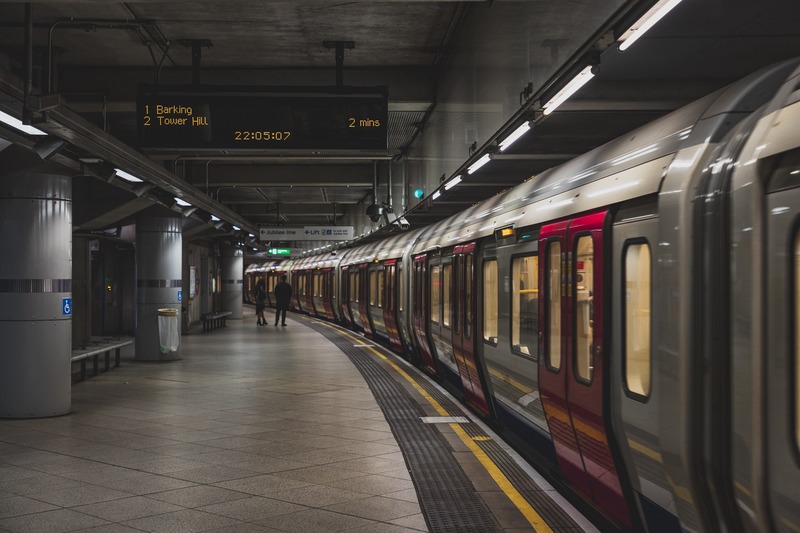 Jammu & Kashmir
Jammu & Kashmir Jammu and Srinagar secure approval for elevated light metro rail projects, easing traffic congestion
Srinagar and Jammu, the capital cities of Jammu and Kashmir, are set to embark on a transformative transportation project as the Ministry of Housing and Urban Development has approved the construction of elevated light metro rail systems in both cities.
The approval paves the way for the commencement of this ambitious multi-crore project within the current fiscal year, reported Greater Kashmir.
Union Finance Minister Nirmala Sitharaman highlighted the significance of the project in her address, stating that the introduction of the elevated light metro rail would greatly benefit commuters and alleviate traffic congestion in Srinagar and Jammu.
The Ministry has recognized the potential of these projects, which are expected to enhance mobility, provide safe and reliable public transport, and contribute to sustainable urban development.
A senior official from the Housing Department revealed that the elevated metrolite systems in Srinagar and Jammu are eagerly awaiting the final approval from the union cabinet. With the Public Investment Board of the Ministry of Housing and Urban Development already giving its nod, the proposal will now be discussed at the cabinet level, ideally leading to the official sanctioning of the project.
The successful implementation of this prestigious endeavor will significantly alleviate traffic congestion and improve mobility in the twin summer capitals of Jammu and Kashmir.
The proposed elevated metrolite systems in Srinagar and Jammu will cover a distance of 25 km and 23 km, respectively. The estimated cost of the Srinagar project is Rs 4,352 crore, while the Jammu project is projected to cost Rs 3,590 crore.
These substantial investments will facilitate "best-in-class" mobility, offering residents and visitors a safe, convenient, and efficient mode of transportation.
The final Detailed Project Report (DPR) was submitted to the Ministry of Housing and Urban Development on July 16, 2021. The approval from the Public Investment Board marks a crucial milestone in the project's progress.
It is anticipated that the construction of the elevated light metro rail systems will commence in 2023-24 and reach completion by December 2026.
Upon completion, Srinagar and Jammu will become the first non-major cities in India to boast a functional rapid transport network. The light metro systems will operate for 17 hours a day throughout the year in Jammu, while in Srinagar, the operations will be extended to 17 hours during summers and 14 hours during winters.
The metro rail lines will primarily consist of elevated corridors, as feasibility studies determined that underground tunnels were not viable options. The coaches of the metrolite system will be modern, lightweight, and constructed using stainless steel and aluminum.
Additionally, the trains will be equipped with an air-conditioning system to enhance passenger comfort.
The Jammu light metro system will span a length of 23 km, featuring 22 stations connecting Bantalab and Bari Brahmana. In contrast, the Srinagar light metro system will cover a distance of 25 km, comprising a 12.5 km stretch from Indira Nagar to HMT Junction and another 12.5 km stretch from Hazuri Bagh to Osmanabad.
This route will encompass a total of 24 stations, with 12 stations on each corridor.
Experts have lauded the elevated metro system, recognizing its potential to not only facilitate transportation but also stimulate economic growth and improve the overall quality of life.
With its inauguration on the horizon, the Srinagar and Jammu light metro rail projects are poised to revolutionize the urban landscape, setting new benchmarks for sustainable and efficient public transportation in non-major Indian cities.
Support Our Journalism
We cannot do without you.. your contribution supports unbiased journalism
IBNS is not driven by any ism- not wokeism, not racism, not skewed secularism, not hyper right-wing or left liberal ideals, nor by any hardline religious beliefs or hyper nationalism. We want to serve you good old objective news, as they are. We do not judge or preach. We let people decide for themselves. We only try to present factual and well-sourced news.







